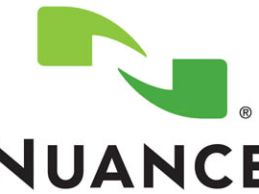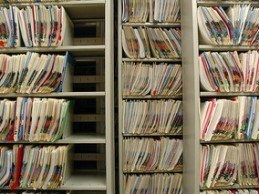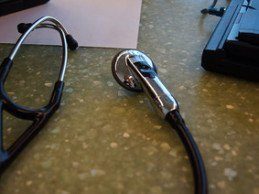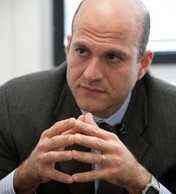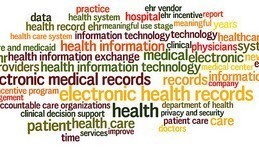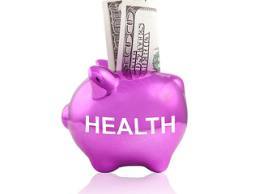MGMA express concerns that the current “all or nothing” approach to achieving meaningful use may prove to be problematic for providers to meet Stage 2 requirements.
Read More
Electronic Health Records (EHRs) | Electronic Medical Records (EMRs) | News, Analysis, Insights - HIT Consultant
Cost Effectiveness of Health Information Exchanges
Does the most cost effective method of establishing health information exchanges consist of a nationwide network of big-iron servers and Federal protocols?
Read More
Issue Brief: Does Your EMR System Generate The Results You Deserve?
Issue brief from Stoltenberg Consulting presents provides HCOs with a goal-oriented guide for using EMR systems to navigate an evolving healthcare landscape.
Read More
Nuance Adds 100 Hospitals & Radiology Practices to PowerScribe 360 Platform
Nuance Communications, Inc. announced that 100 hospitals and radiology practices – 50 new and 50 existing customers – have converted to the latest PowerScribe 360 platform in just the last three months.
Read More
Infographic: The Impact of Duplicate Medical Records in Healthcare
The rise of duplicate medical records is growing exponentially in the healthcare industry as more hospitals using EHRs share information
Read More
Infographic: The Top 20 Most Popular EMR Software Solutions in 2013
Capterra infographic illustrates the top 20 most popular EMR software solutions in 2013 as measured by a combination of their total number of customers, users, and social presence.
Read More
Guide to Selecting an EHR for Population Health Management
A guide to selecting a powerful EHR for population health management with a high level of interoperability for improved outcomes and sophisticated interfacing capabilities.
Read More
Farzad Mostashari To Step Down As ONC Chief This Fall
Dr. Farzad Mostashari announced on Tuesday that he will be stepping down from the National Coordinator for Health Information Technology post after four years this fall.
Read More
Study: Patients Using EMRs Feel They Receive Higher Quality of Care
Patients using EMRs feel they receive better quality of care and feel a stronger loyalty to their doctors, according to the recent EMR Patient Impact Study.
Read More
Meaningful Use Incentive Payments Tops $15.5B, Despite High Dropout Rate
Despite increasing concerns over the meaningful use drop out rate, $15.5 billion in EHR incentive payments has been made to eligible providers and hospitals in the program totaling 309,802 since 2011.
Read More




